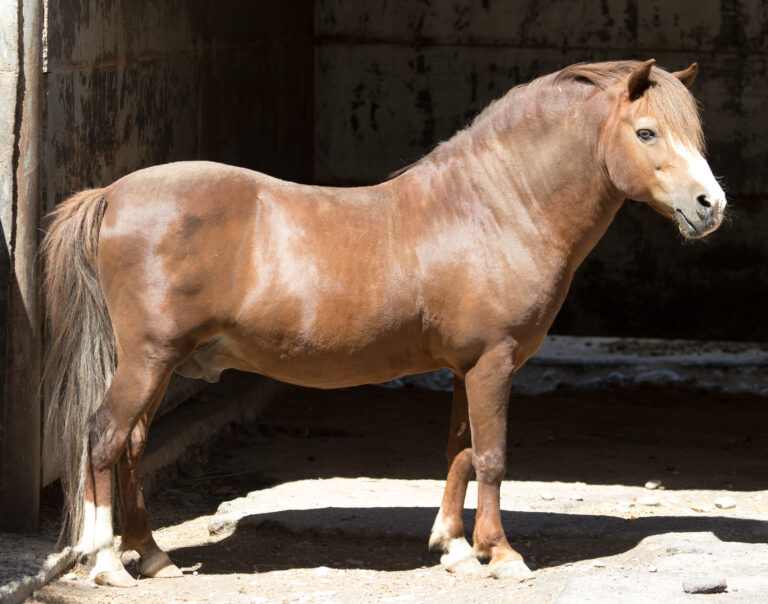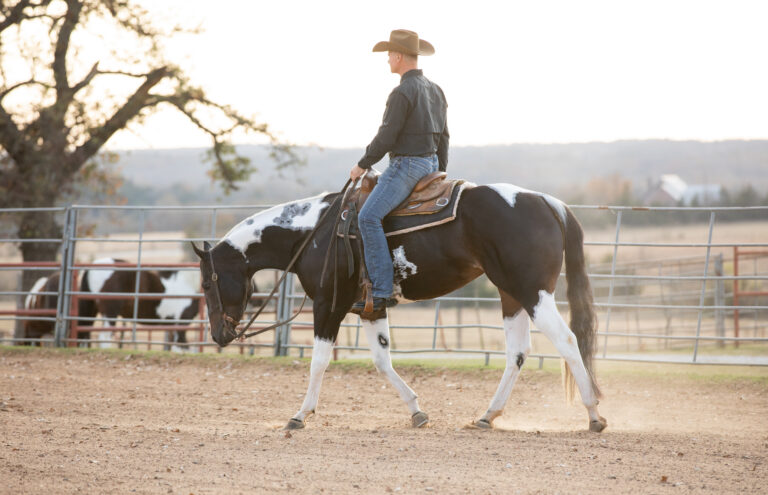
Welcome to EquiManagement’s podcast Disease Du Jour, where each podcast will delve into the research and current best practices for a variety of equine health problems with industry experts.
You can also listen to or download episodes of Disease Du Jour on iTunes, SoundCloud, Stitcher, or your favorite podcast platform.
This episode’s guest is Robert Holland, DVM, PhD, a private practice veterinarian in the Central Kentucky area focusing on respiratory problems and infectious diseases. His topic is The Science of Strangles.
Holland received is Doctor of Veterinary Medicine from the Mississippi State College of Veterinary Medicine in 1994, and he received his PhD in Veterinary Medicine: Virology, at the University of Kentucky Gluck Equine Research Center in 2001.
Holland has worked globally consulting with countries and jurisdictions to contain and prevent the spread of disease. He has worked domestically with the USDA and many state veterinarians.
Topics he discussed on this podcast included:
- What is strangles and why is it so difficult to deal with?
- Testing for strangles
- How long does strangles live in the environment?
- Asymptomatic strangles carriers
- Handling and active outbreak, including vaccination and dealing with weanlings
- Routes of transmission
- Endemic cycles/herd immunity
- Can we eliminate strangles?
Previous Episodes of Disease Du Jour
If you missed any of the previous episodes of Disease Du Jour, feel free to go back and catch up!
Episode 16 – Craig Barnett, DVM, Director of the Equine Veterinary Professional Services segment at Merck Animal Health, talked about the Merck Equine Respiratory Biosurveillance program and what it means to veterinarians, researchers and the horse industry.
Episode 15 – Raul Bras, Raul Bras, DVM, CJF (Certified Journeyman Farrier), a shareholder in Rood and Riddle Equine Hospital in Lexington, Kentucky, talks about veterinarian-farrier relationships. Bras’ professional focus is on equine podiatry, and he travels from his home base in Lexington throughout the country and the world. He is the 2019 president of the Northeast Association of Equine Practitioners.
Episode 14 – Angela Pelzel-McCluskey, DVM, MS, is a National Equine Epidemiologist for the United States Department of Agriculture (USDA), Animal and Plant Health Inspection Service (APHIS), Veterinary Services. She discussed EIA.
Episode 13 – Michele L. Frazer, DVM, DACVIM, DACVECC, is an Associate veterinarian at Hagyard Equine Medical Institute in Lexington, Kentucky. She discussed diarrhea in adult horses and foals.
Episode 12 – Jack Easley, DVM, MS, DABVP, DAVDC (Eq), is the owner of Easley Equine Dentistry based in Shelbyville, Kentucky. Easley talks about how much has changed in equine dentistry, the wide variety of dental diseases horses can have, the need for a good dental exam with the right tools, the use of radiographs, and what horse owners expect today in equine dental care.
Episode 11 – This episode—featuring Drs. Ernie Bailey, of the Gluck Equine Research Center at the University of Kentucky, and Samantha Brooks of the University of Florida—covers the topic of Genes as Management Tools. We discuss how genetics touches equine veterinarians on a day-to-day basis; adaptation and evolution; fragile foal syndrome; OCD; roaring; reproduction; and infectious disease.
Episode 10 – Angela Pelzel-McCluskey, DVM, MS, who is a National Equine Epidemiologist for the United States Department of Agriculture (USDA), Animal and Plant Health Inspection Service (APHIS), Veterinary Services, discusses vesicular stomatitis virus (VSV).
Episode 9 – Kent Allen, DVM, owner of Virginia Equine Imaging in Middleburg, Virginia, and co-founder of ISELP, discusses lameness diagnosis and ISELP.
Episode 8 – Roberta Dwyer, DVM, MS, DACVPM (epidemiology specialty), discusses biosecurity factors that equine veterinarians need to understand in order to best prevent and control disease spread on client farms.
Episode 7 – Martin Nielsen, DVM, PhD, DipEVPC, DACVM, one of the world’s leading equine parasitology researchers who is an associate professor at the University of Kentucky’s Maxwell H. Gluck Equine Research Center. Nielsen discusses the value of checking the efficacy of dewormers; the evolution of parasites and the science surrounding them; recent papers on parasite modeling; evaluating parasite control programs, combination deworming practices and the science behind them—good and bad.
Episode 6 – Peter Timoney, MVB, MS, PhD, FRCVS, the Frederick Van Lennep Chair in Equine Veterinary Science and a Professor at the Gluck Equine Research Center at the University of Kentucky. Timoney discusses equine infectious diseases, with a focus on factors that compromise normal pregnancy and the adolescent horse.
Episode 5 – Robert Holland, DVM, PhD, a private practice veterinarian in the Central Kentucky area focusing on respiratory problems and infectious diseases, talks about Respiratory Tips from the Field.
Episode 4 – Bonnie Barr, VMD, DACVIM, an internal medicine specialist at Rood and Riddle Equine Hospital in Kentucky, talks about common neonatal problems in this podcast.
Episode 3 – Tom Chambers, PhD, who heads the OIE Reference Laboratory for equine influenza at the University of Kentucky, discusses equine influenza.
Episode 2 – Tom Riddle, DVM, DACT (hon), a founding partner of Rood and Riddle Equine Hospital in Lexington, Kentucky, discusses breeding season procedures that he has developed over his decades-long practice.
Episode 1 – Steve Reed, DVM, DACVIM, of Rood and Riddle Equine Hospital in Lexington, Kentucky, discusses equine herpesvirus and equine herpesvirus myeloencephalopathy.
Listen to or download episodes of Disease Du Jour on iTunes, SoundCloud or Stitcher.

![[Aggregator] Downloaded image for imported item #18808](https://s3.amazonaws.com/wp-s3-equimanagement.com/wp-content/uploads/2025/11/06141153/EDCC-Unbranded-17-scaled-1-768x512.jpg)

![[Aggregator] Downloaded image for imported item #18375](https://s3.amazonaws.com/wp-s3-equimanagement.com/wp-content/uploads/2025/09/30140031/EDCC-Unbranded-26-scaled-1-768x512.jpeg)
